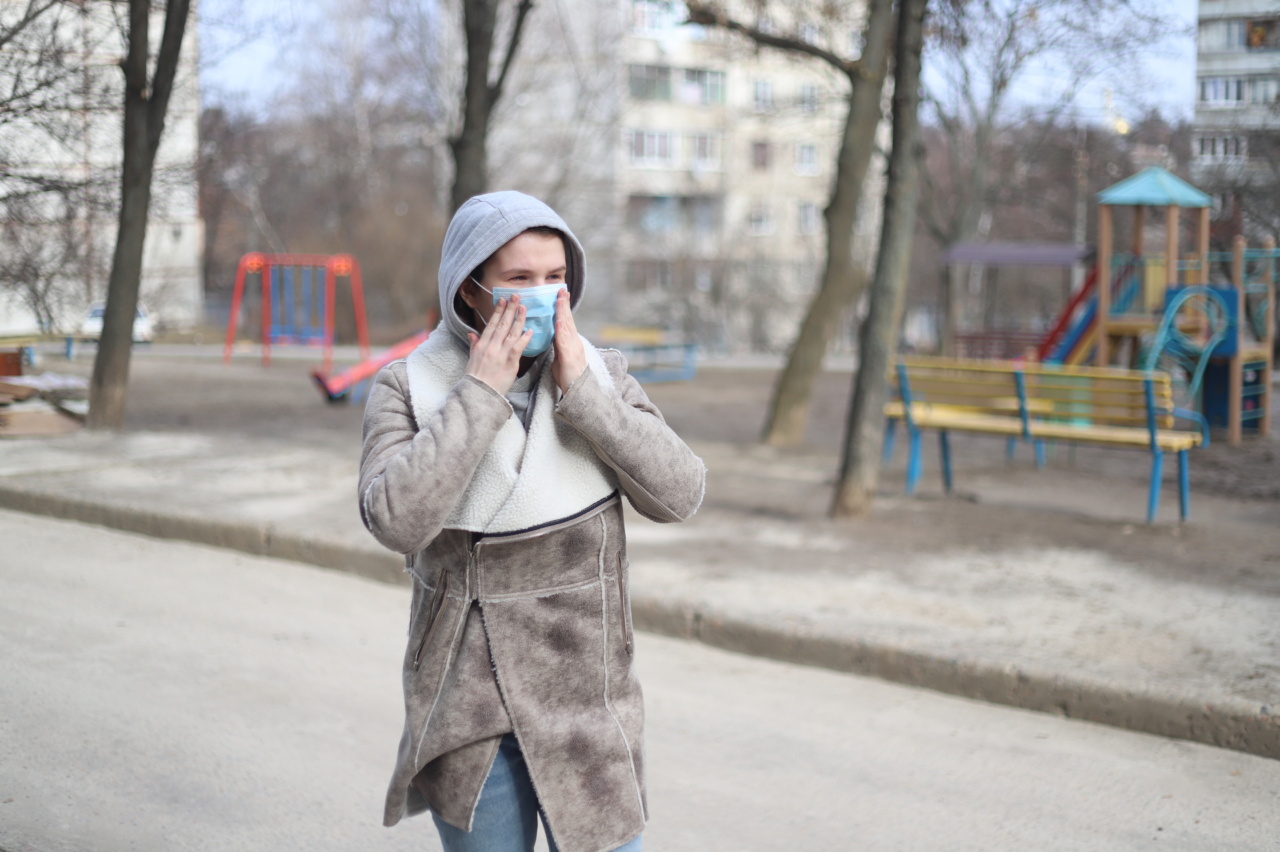As the cold season approaches, many people search for ways to boost their immune system and protect themselves from illness. One natural remedy that has gained popularity in recent years is propolis.
This resinous substance, produced by bees, has been praised for its numerous health benefits, including its alleged ability to protect against the common cold.
What is Propolis?
Propolis is a sticky substance that bees collect from various plant sources, such as tree buds and sap flows. They use it to seal cracks in their hive and protect themselves from bacteria, viruses, and fungi.
Propolis is rich in bioactive compounds, including flavonoids, phenolic acids, and terpenes, which are believed to contribute to its potential health benefits.
Propolis and the Immune System
Supporters of propolis claim that it can boost the immune system and help our bodies fight off illnesses, including the common cold. Some studies suggest that propolis may have antiviral properties and can inhibit the replication of certain viruses.
However, evidence on the specific effects of propolis on the common cold is limited and inconsistent.
Research on Propolis and the Common Cold
A review of existing studies on propolis and the common cold revealed mixed results. While some research suggests that propolis may reduce the duration and severity of cold symptoms, other studies found no significant effects.
One study, published in the Journal of Alternative and Complementary Medicine, found that participants who took propolis had fewer cold episodes and shorter durations compared to those who took a placebo.
However, it’s important to note that much of the existing research has limitations. Many studies have small sample sizes and rely on self-reported data.
Furthermore, the quality and composition of propolis can vary significantly depending on its botanical origin and collection methods, making it difficult to draw definitive conclusions.
Potential Mechanisms of Action
Although the exact mechanisms behind propolis’ effects on the common cold are not fully understood, several theories have been proposed.
Some researchers suggest that the bioactive compounds present in propolis can modulate the immune response, enhance the activity of certain immune cells, and reduce inflammation. Others hypothesize that propolis may have a direct antiviral effect, inhibiting the replication of cold-causing viruses.
Using Propolis for Cold Prevention
If you’re considering using propolis to prevent colds, it’s essential to consult with a healthcare professional, especially if you have allergies or are taking other medications.
While propolis is generally considered safe, it can cause allergic reactions in some individuals.
Propolis is available in various forms, including capsules, tinctures, and throat sprays. When choosing a propolis product, look for reputable brands that ensure high quality and purity.
Dosage recommendations can vary, so it’s best to follow the instructions on the product label or consult with a healthcare provider.
Other Ways to Boost Immunity
In addition to propolis, there are several other measures you can take to support your immune system and protect against the common cold:.
1. Practice good hygiene: Wash your hands regularly, especially before eating or touching your face.
2. Eat a balanced diet: Consume a variety of fruits, vegetables, whole grains, and lean proteins to provide your body with essential nutrients.
3. Get enough sleep: Aim for seven to eight hours of quality sleep each night to support a healthy immune system.
4. Manage stress: Chronic stress can weaken your immune system, so find healthy ways to cope, such as through exercise, meditation, or hobbies.
5. Stay hydrated: Drink plenty of water to keep your mucous membranes hydrated, which can help prevent respiratory infections.
6. Exercise regularly: Engaging in moderate physical activity can boost the immune system and reduce the risk of colds and other illnesses.
7. Avoid smoking and excessive alcohol consumption: These habits can weaken the immune system and make you more susceptible to infections.
Remember, maintaining a healthy lifestyle and following these preventive measures can go a long way in reducing the risk of colds and improving overall well-being.
Conclusion
While propolis shows promise in some studies for its potential to protect against the common cold, more research is needed to fully understand its effects.
The available evidence is limited and inconsistent, making it challenging to draw definitive conclusions. If you’re considering using propolis or any other natural remedy, it’s crucial to consult with a healthcare professional for personalized advice.
Additionally, adopting a holistic approach to immune health, including proper hygiene, a balanced diet, sufficient sleep, stress management, and regular exercise, can contribute to overall well-being and reduce the risk of infections.































